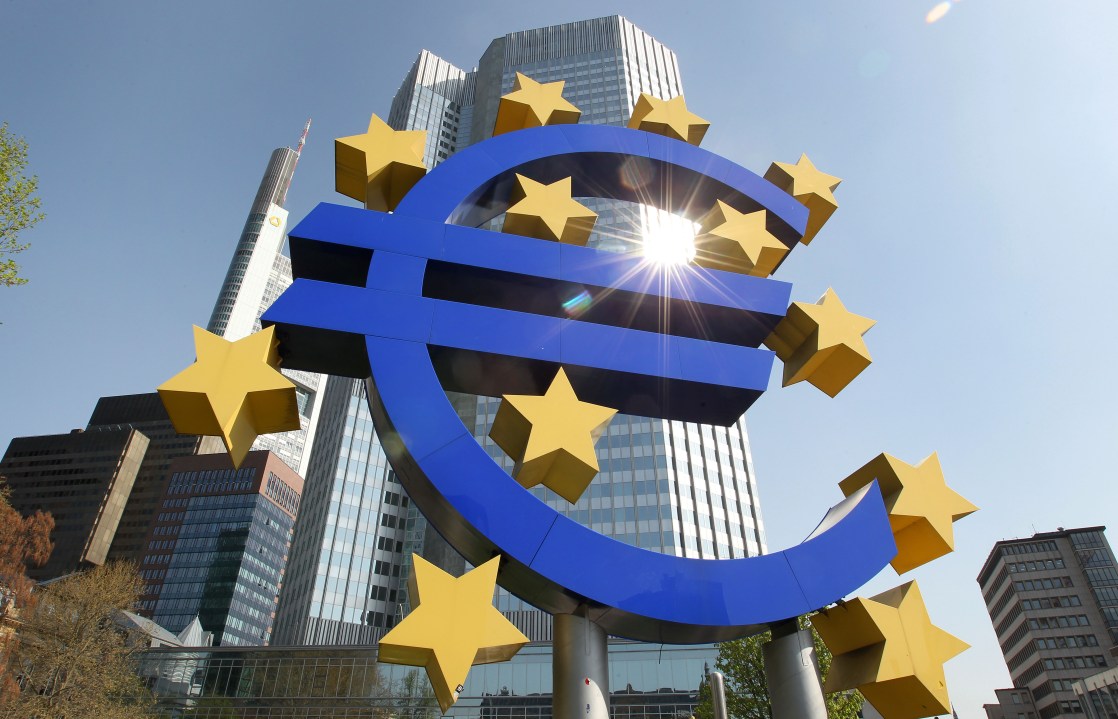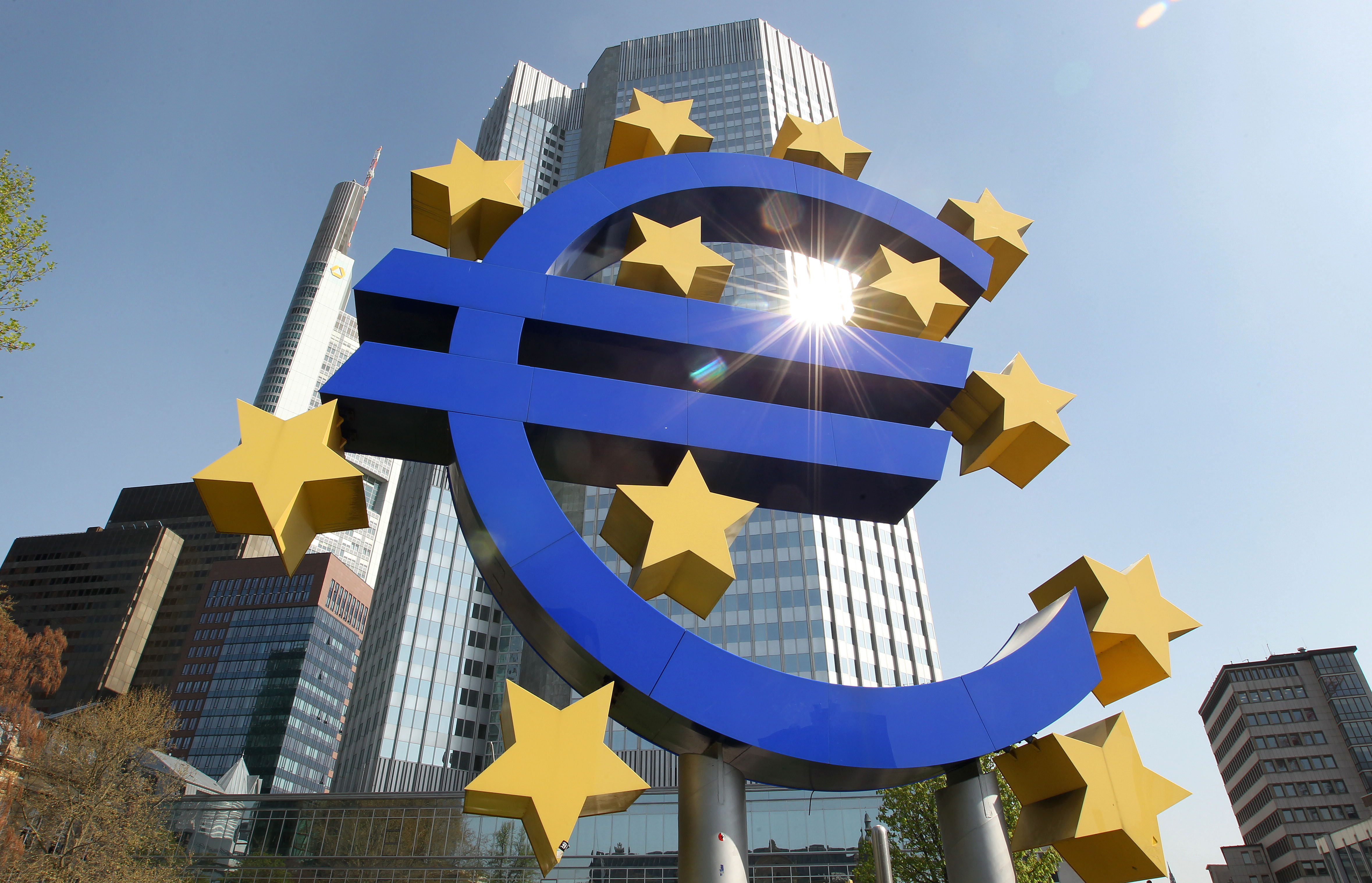 It was a problem that would be fixed with a snap of the Commissioners’ manicured
fingers, but now fresh euro-storms are louring in the near distance. As predicted over the weekend, the markets reacted to the European Banking
Authority’s deeply flawed stress tests with fevered concern and a clear note of contempt.
It was a problem that would be fixed with a snap of the Commissioners’ manicured
fingers, but now fresh euro-storms are louring in the near distance. As predicted over the weekend, the markets reacted to the European Banking
Authority’s deeply flawed stress tests with fevered concern and a clear note of contempt.
The FTSE shed 90 points yesterday, with banks among the day’s biggest losers. The performance in Frankfurt and Paris was equally baleful, as investors fled for safe commodity stocks. As Fraser has noted, Allister Heath argues that the Eurozone crisis is responsible for the booming price of gold. The markets have recovered slightly this morning; but that does not alter the bald facts as related by an FT editorial:
‘Now it is obvious that the battle for the euro is entering an altogether more dangerous phase. Italian and Spanish government bond yields rose again on Monday to their highest levels since the euro’s launch in 1999. So did the premiums that investors demand to buy Italian and Spanish debt rather than top-quality German bonds. “Decoupling”, or the notion that Italy and Spain have inoculated themselves against contagion from Europe’s outermost nations, is being ruthlessly exposed in debt markets as an illusion.’
The markets will now turn their collective eye on Thursday’s meeting of EU finance ministers, and whether they will accept that the contagion has spread to Italy and Spain. Ministers may yet deliver a coherent plan for the whole region, but their public statements hardly inspire confidence: last Friday’s edition of the Today programme featured an extraordinary interview with the German deputy finance minister, Joerg Asmussen, who said:
“I am convinced that the euro will have a very long life. There is no crisis of the euro. We have, let’s say, a crisis of public debt and competitiveness in some eurozone countries. We have to get in place shortly the second, let’s say, adjustment programme for Greece.”
These happy bluffs are wasted on the markets, who have already tired of an economic policy designed solely to maintain the euro’s political status quo. If ministers actually believe that all is well but for a little local difficulty in Athens, there is surely a danger that Rome and Athens might burn if the markets continue to move against them. And, as the third and fourth largest economies in the Eurozone accounting for 28 per cent of the region’s GDP, Italy and Spain are probably too big to fail if the euro is to survive in its current form.







Comments